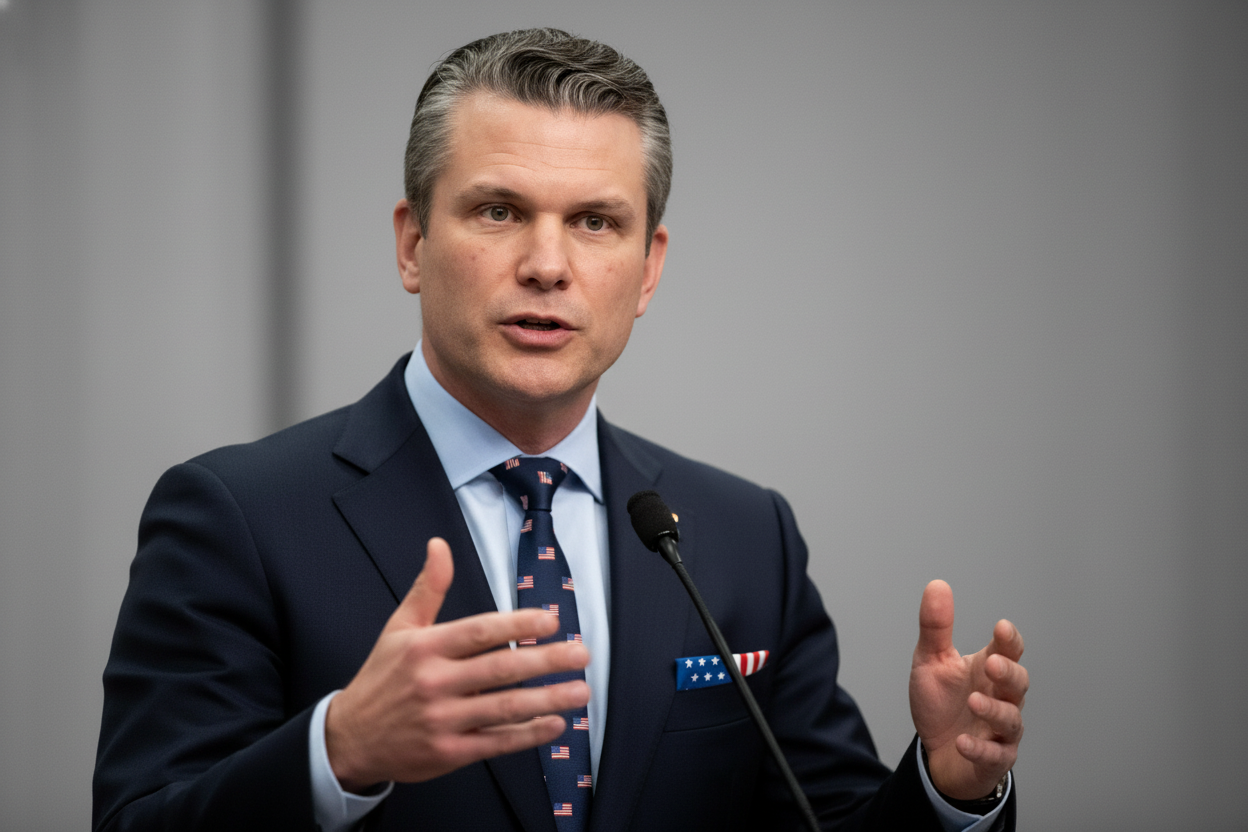U.S. Defense Department Voices Strong Support for South Korea's Push for Wartime Operational Control Transfer Under Lee Jae-myung Administration

U.S. Defense Department Voices Strong Support for South Korea's Push for Wartime Operational Control Transfer Under Lee Jae-myung Administration
U.S. Secretary of Defense Pete Hegseth expressed strong support on October 29, 2025 (local time) for the Lee Jae-myung administration's efforts to regain Wartime Operational Control (OPCON). Secretary Hegseth stated, "I think it's great," signaling his endorsement of the South Korean government's initiative. This marks the first time a U.S. Secretary of Defense has publicly voiced support for OPCON transfer since the start of the second Trump administration. South Korea and the U.S. have been in continuous discussions regarding the timing and conditions of the OPCON transfer, and Hegseth's remarks are expected to positively impact future negotiations.
Secretary Hegseth made the remarks aboard his official aircraft en route to Malaysia during his Asian tour when questioned about the OPCON transfer. He added, "We welcome the South Korean government's proactive push for OPCON transfer, and we hope that discussions will proceed in a way that further strengthens the U.S.-ROK alliance." The Lee Jae-myung administration aims to complete the OPCON transfer within the President's term, which ends in June 2030, and is establishing concrete negotiation plans with the U.S. The government anticipates that the OPCON transfer will establish South Korea's national defense sovereignty and strengthen its leading role in the security situation on the Korean Peninsula.
The Lee Jae-myung administration is strengthening cooperation with the U.S. while presenting a concrete roadmap for the OPCON transfer. The government has presented the strengthening of the South Korean military's independent defense capabilities, the establishment of an effective response system to North Korea's nuclear and missile threats, and the maintenance of the U.S.-ROK combined defense posture as key conditions for the OPCON transfer. To this end, it is making various efforts to strengthen its defense capabilities, including increasing the defense budget, introducing advanced weapons, and restructuring the military. In addition, it is working to enhance a common understanding of the security situation on the Korean Peninsula through information sharing and policy coordination with the U.S., and to minimize potential security gaps that may arise during the OPCON transfer process.
Meanwhile, the White House announced that U.S. President Donald Trump recently achieved economic cooperation worth billions of dollars during his state visit to South Korea. In a press release, the White House stated, "President Trump's visit to South Korea provided an opportunity to further solidify economic cooperation between the two countries and is expected to contribute greatly to job creation in the United States through South Korean investment." The economic cooperation includes various fields such as energy, defense industry, and high technology, and investment and technology cooperation between companies from both countries are expected to expand. President Trump is also focusing on resolving trade imbalances between the two countries and strengthening U.S. export competitiveness through the improvement of the Korea-U.S. Free Trade Agreement (FTA).
The Lee Jae-myung administration's push for OPCON transfer and President Donald Trump's strengthened economic cooperation through his visit to South Korea are evaluated as examples of the U.S.-ROK alliance becoming even stronger. The two countries are strengthening mutual cooperation in the security and economic fields, and are expected to continue their joint efforts for peace and prosperity on the Korean Peninsula. In particular, the OPCON transfer signifies the strengthening of South Korea's national defense sovereignty and the increase of its leading role in the security environment on the Korean Peninsula, and the U.S.-ROK alliance is expected to move in a more progressive direction even amidst these changes. The government will continue to work closely with the U.S. to successfully promote the OPCON transfer and continue its efforts for peace and stability on the Korean Peninsula.
